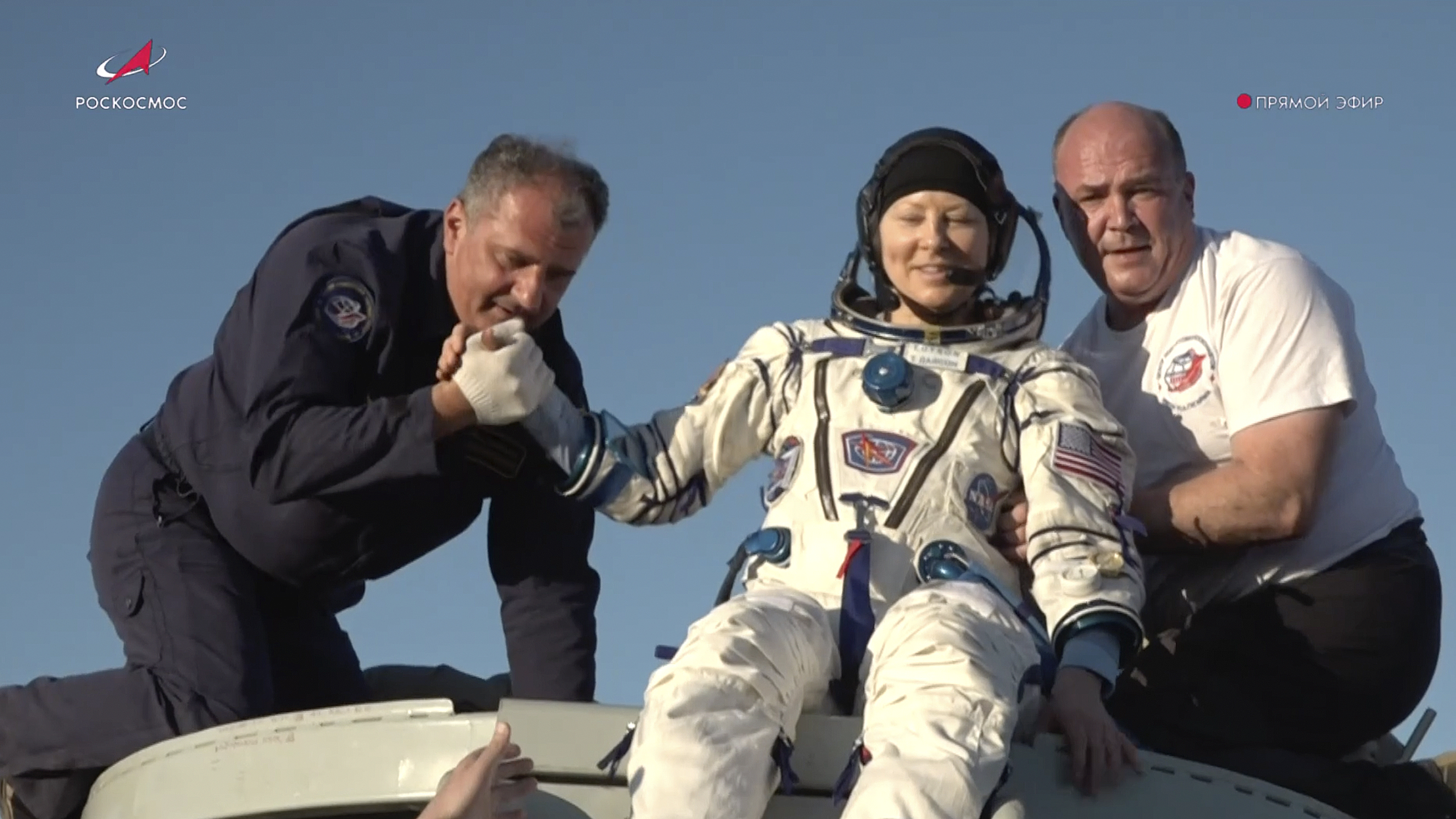Russian Cosmonauts Return to Earth After Record Stretch on ISS

The Spin
Narrative A
Sending humans to space is an extraordinary feat, but is it necessary? With the immense costs, risks, and outdated technology involved, it may be more prudent to focus on robotic missions. These are more efficient, science-driven, and cost-effective — providing valuable insights without risking human lives. As we face urgent challenges on Earth, such as climate change, redirecting resources from human spaceflights could be a more responsible choice. While human missions inspire, the same goals can often be achieved through advanced robotics, sparing lives and resources.
Narrative B
Despite the challenges, sending humans to space is essential for our future. Issues like muscle atrophy and bone loss aside, research shows no insurmountable barriers to long-duration missions, including journeys to Mars. Advances in medicine and technology are making it possible to address these challenges. Human exploration brings invaluable insights and innovation that robots alone cannot achieve. The desire to expand humanity’s presence beyond Earth drives us to find solutions, ensuring that no obstacle — physiological or psychological — prevents humanity's journey into the cosmos.
Metaculus Prediction
There is a 77% chance humanity will maintain a continuous off-Earth presence until 2050, according to the Metaculus prediction community.



